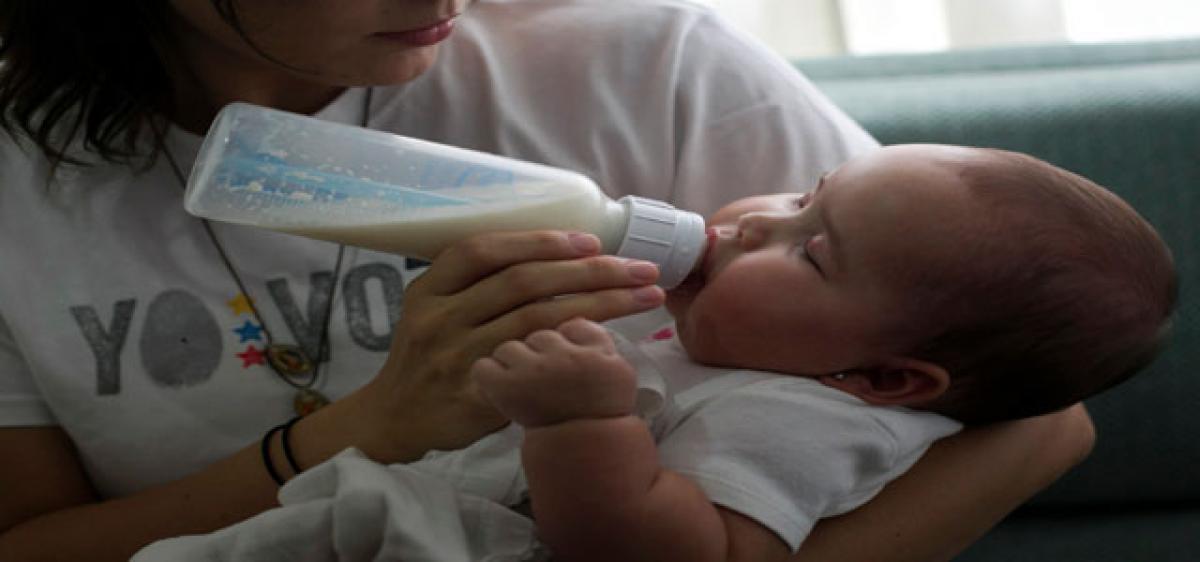Live
- Tamil Nadu Assembly session to begin on December 9
- Kerala CM Pinarayi Vijayan is a chameleon: LoP Satheesan
- ‘Vere Level Office’ trailer showcases a unique office sitcom
- Vivek-Mervin to make Tollywood debut with ‘RaPo22’
- Telangana Rejects Adani Foundation’s Rs.100 Crore CSR Grant for Young India Skills University
- Hebahstuns with timeless elegance
- Vijay Deverakonda's Rowdy Wear Shines as Iconic Indian Streetwear at Outlook India Business Awards 2024
- Manglishines bright with ‘Ustaad Bismillah Khan YuvaPuraskar’
- Time to make Indian GI-tagged products advance from ‘Gaon Se Global’: Minister
- PM Vishwakarma Yojana empowers women in J&K's Poonch to pursue self-employment









